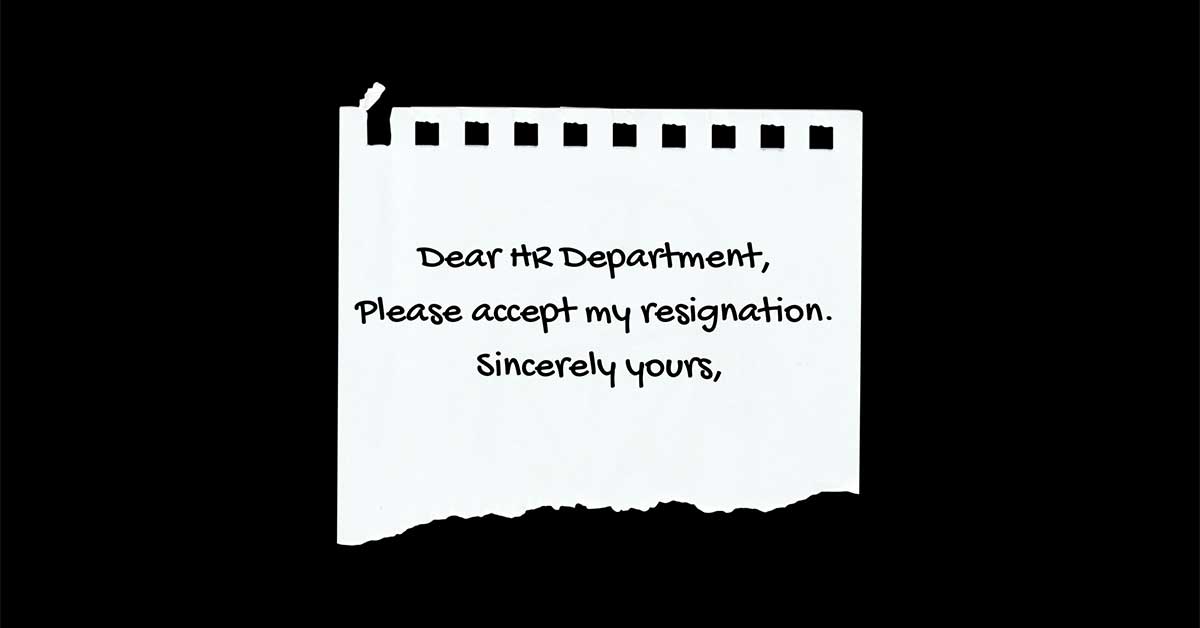Much has been written about a new workplace trend called “The Great Resignation” – it has certainly hit the US and here in Australia as we embark further into 2022, employers are starting to feel its pinch. To provide some insights on this journey, Change2020 are delivering a series of articles on: what, where, why and how to address this worldwide phenomenon – we do this because businesses will need to stay on the front foot in order to ensure a sustainable workforce – a workplace, both in person and virtual that has engaged people, a healthy culture, high staff retention and attraction rates that enable organisational growth.
In this first article we outline what The Great Resignation is and what employers can do for their staff and teams at an individual level. Our research illustrates that one of the most important skills for a manager to use at this time, is a basic one – an ability to listen to and really hear their people.
The Great Resignation – what is it exactly?
The term, The Great Resignation, originated in late 2020 by Texas A&M University’s Anthony Klotz to describe the rising resignation rates in the US that followed COVID pandemic.
“Once people got a taste of working at home, they realised that there was more to life than going to the office every day.”[1]
Across the globe employees at all levels are increasingly rethinking their whole approach to their work and working lives. Many are unwilling to return to long hours in an office and time wasted on lengthy commutes, or they are simply “revolting against the idea that our lives should be defined by never-ending treadmills of career aspirations.”[2]
Interestingly, in a survey of 25 countries by HR technology company The Adecco Group found “Australian workers to be the most burnt out in the world, with around 50% having had to take leave for their mental health.” [3] These are alarming figures for Australian employers with resignation rates the highest among mid-career employees. [4]
As Australia opens again, businesses across a range of sectors are struggling to fill pre-Covid roles, with many workers re-evaluating the role that work plays in their lives and pursuing new work-life balance aspirations.
And now there is the Great Slump
Coupled with the resignation trend – with Omicron dominating the end of the 2021 year break, many are already exhausted before the work year has started. This shared sense of exhaustion is being referred to as ‘The Great Slump’ and the fatigue felt by workers is very real.[5] “Referred to as the ‘fourth wave’, we are now living in the shadow of both the physical and emotional effects of Covid-19; resulting in mental trauma or illness and economic injury.”[6]
With this level of fatigue in the workplace, Australian employers face a rocky road ahead, with companies needing to “sell career development” to attract workers. Plus, with anticipated economic recovery, employers may struggle to fill roles for their businesses to achieve that growth.[7]
What can employers do at an individual/team level?
For employers, having an honest discussion with staff individually about their work-related mindset , energy levels and ability to take on new or more work will be important and impact on how businesses operate into 2022 and beyond.
Managers will also have to recognise their people might not be ready right now to tackle a “stretch” goal. It is timely to discuss how team members can break down targets into smaller, achievable milestones and be clear about when it comes to setting boundaries for work and home life. Also, managers need to manage expectations both up and down the line in company hierarchies. With protracted delivery times, supply and labour shortages, and general economic uncertainty, business as usual can happen but likely to occur where there is give and take with timeframes for completion or delivery – expectations need to be managed properly.
Managers appreciate how hard good talent is to find in the current market, and so these open discussions are strongly suggested. It is also very timely to remind staff of all the resources that are available to them, services like Employee Assistance Programs – and reaffirm that there is no shame in seeking assistance – it’s time to normalise seeking help at work.
Managers need to listen and to act – now
It is reasonable that employees can expect their employers to act on their concerns, or at least have a process by which they can be heard. Organisations which ignore issues raised by their people will experience high levels of staff attrition. With high staff turnover comes large costs to businesses and companies which then leads to lost productivity. Further financial impact arises when consideration is made for the onboarding of new staff to a level of effectiveness, often taking six to nine months – that is a big chunk out of full operating time.
Organisations that fail to listen to their people and have the plans and processes in place to take action when they raise their concerns, will threaten the viability of their most valuable resource, their people, and are guaranteed to fall behind.[8]
In the next article in this series, we dig a bit deeper into what employees really want and some tips on how to have constructive one-on-ones that will help turn your staff attrition into staff retention and attraction.
- [1] https://www.afr.com/work-and-careers/workplace/great-resignation-may-be-just-around-the-corner-20211122-p59b2d
- [2] https://www.abc.net.au/news/2021-10-30/great-resignation-australians-quitting-jobs-work-balance-covid/100566922
- [3] https://www.consultancy.com.au/news/4439/the-great-resignation-what-is-it-and-how-can-employers-avoid-it
- [4] https://www.consultancy.com.au/news/4439/the-great-resignation-what-is-it-and-how-can-employers-avoid-it
- [5] https://www.news.com.au/finance/work/at-work/the-great-slump-and-why-aussies-have-had-enough-of-work/news-story/f72181ddc44ae1126593f86302b8608d
- [6] https://www.abc.net.au/news/2021-10-30/great-resignation-australians-quitting-jobs-work-balance-covid/100566922
- [7] https://www.abc.net.au/news/2021-10-30/great-resignation-australians-quitting-jobs-work-balance-covid/100566922
- [8] https://www.consultancy.com.au/news/4439/the-great-resignation-what-is-it-and-how-can-employers-avoid-it




